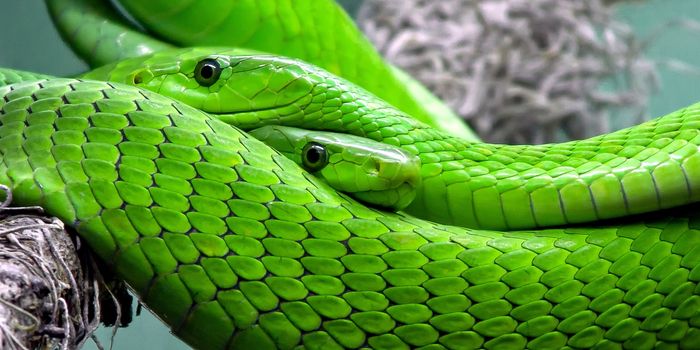A new reef has been discovered within the mouth of the Amazon river where the mighty waters empty into the Caribbean and South Atlantic Ocean, running the length from French Guiana to Brazil’s Maranha?o state.
The reef is extraordinary mainly for it’s unusual location. Most frequently coral reefs are characterized to be found in clear, shallow salt waters where sunlight easily reaches the organisms in the ecosystem.
The Amazon River, being the second longest in the world but the largest in the amount of water it discharges, collects water and sediments from an area of over 7 million square kilometers. This results in an extremely muddy outpouring called a plume, which dumps sediments into the ocean and spreads them out to sea for hundreds of miles near the river’s mouth.
Because of this exact phenomenon, scientists notice that there is usually a gap in reef systems between where major rivers meet the ocean.
However, this is clearly not the case with this particular reef, which has been found to exist from approximately 30-120 meters deep for over 600 miles, making up a 3,600 square mile area in total.
Coral reefs are some of the most biodiverse ecosystems known, rivaled only by tropical rainforests. Although scientists deem that the reef is “relatively impoverished” for such a typical reef system, over 60 species of sponges, 73 species of fish, spiny lobsters, stars and much other reef life have been identified.
Yet however new to human knowledge this reef is, already we are threatening it. Following a recent paper in
Science Advances documenting the investigation of the reef and surrounding areas, the Brazilian government has sold “80 blocks for oil exploration and drilling at the mouth of the Amazon and 20 of these are already producing oil.” There is the concern that some of this drilling is directly situation in the reef.
Sources:
CNN,
The Guardian,
Science Advances



















































